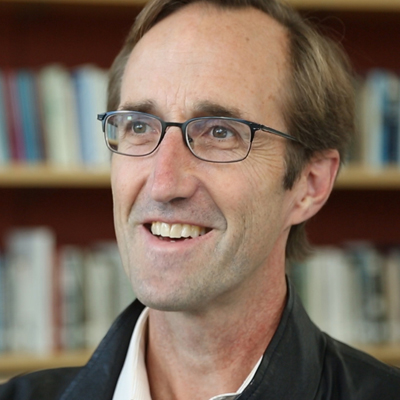Climate change is one of the most important issues society faces today. It's also become one of the most controversial, with a counter movement contesting the veracity of the scientific consensus. Others deny the need to act or emphasize the difficulty of doing so.
With support from alumni donors and a framework for collaborative scholarship built by the Institute at Brown for Environment and Society (IBES), researchers on College Hill and around the world are identifying and publicizing the groups that are sowing climate misinformation and the methods they use to obstruct the changes we desperately need to make.
“The promulgation of misinformation about climate science is the result of a well-planned and institutionalized effort made up of conservative think tanks, supporting foundations, sympathetic media outlets, and public relations firms,” says Visiting Professor of Environment and Society at Brown Robert Brulle.
To examine and reduce the influence of these “half-truths, exaggerations, and outright lies,” Brulle and J. Timmons Roberts—the Ittleson Professor of Environmental Studies at Brown—created the Climate Social Science Network (CSSN), headquartered at IBES and made possible by alumni funding.
“Our aim is to create a whole new field of research,” says Roberts. “We know that climate change is real. There is just a huge amount of physical science telling us that. But, there is very little research about the ways in which private interests are managing to so completely influence policymakers and state agencies.”
